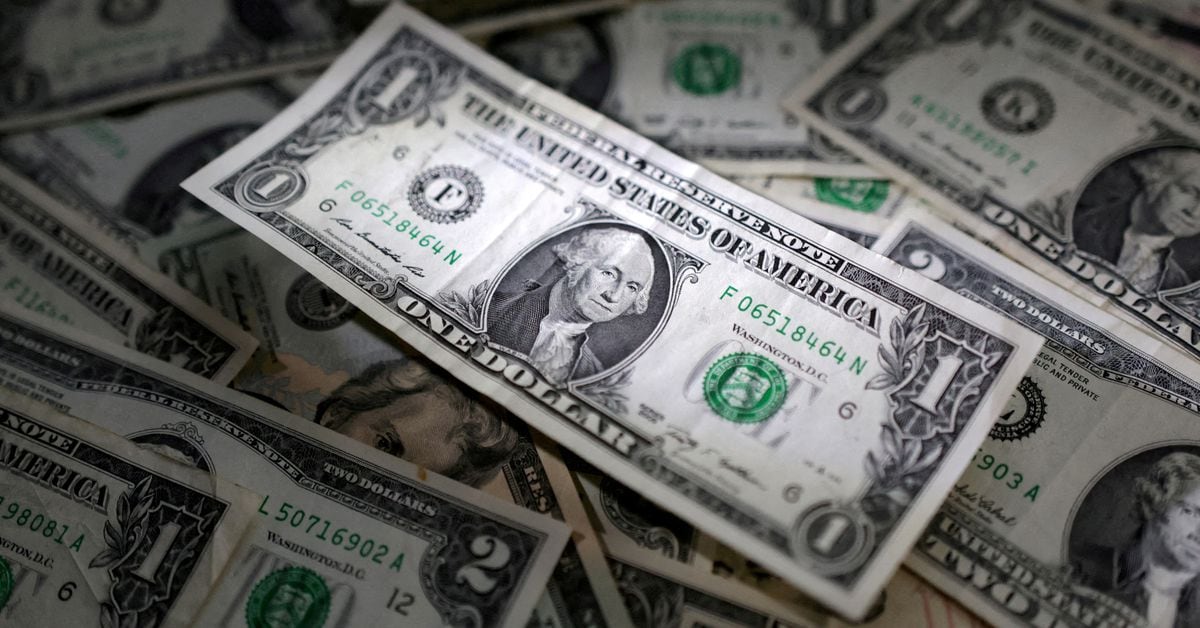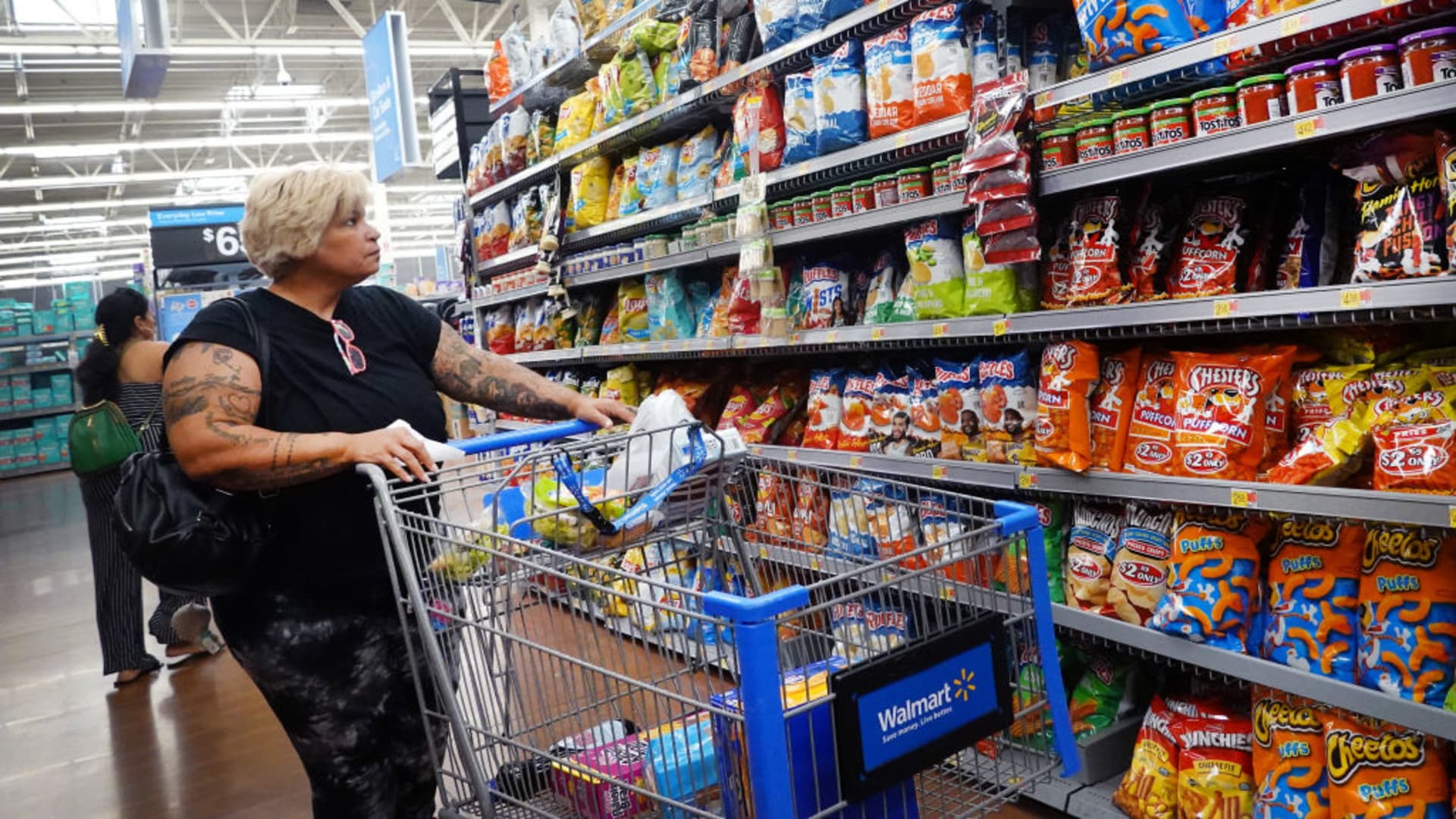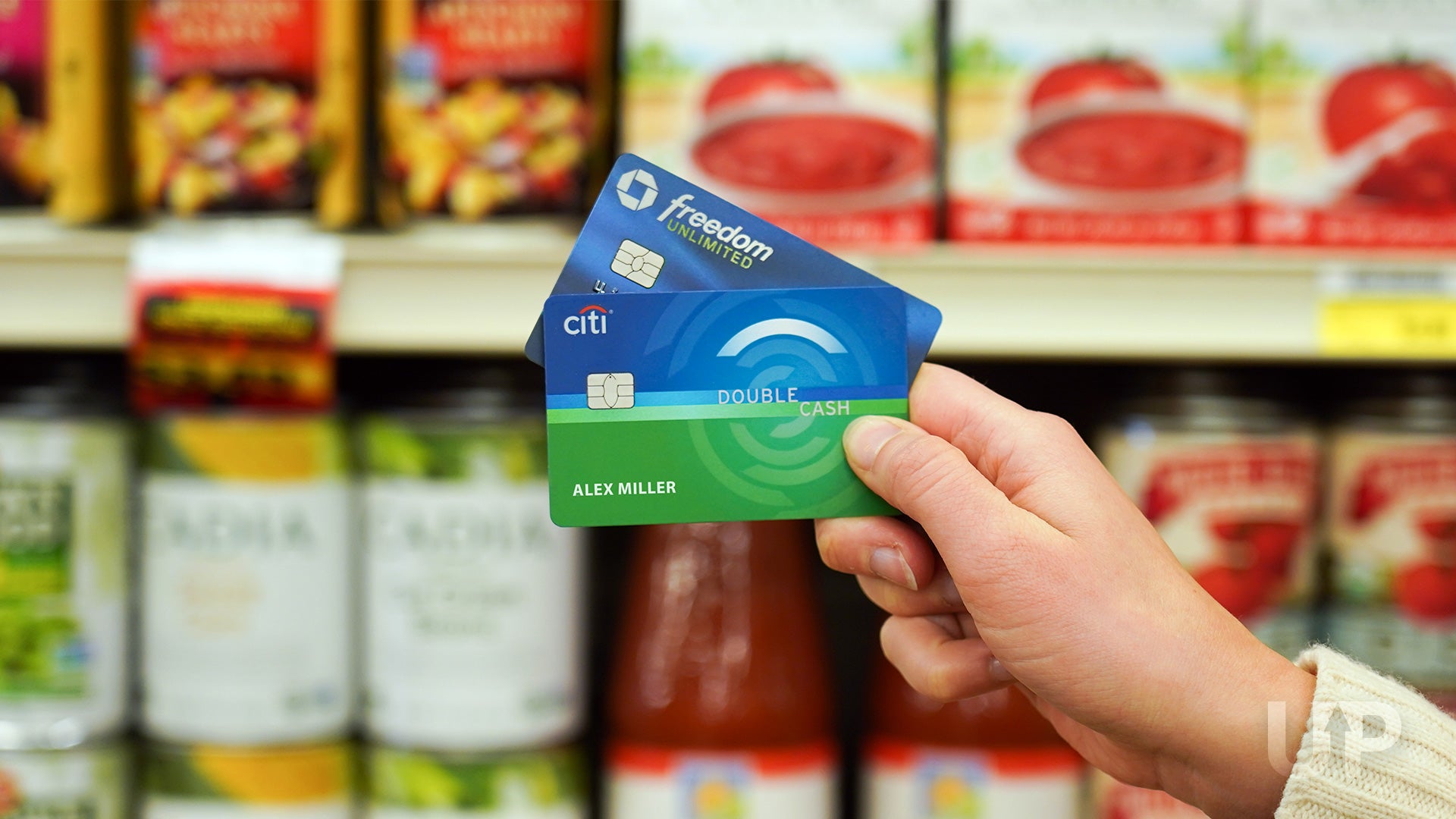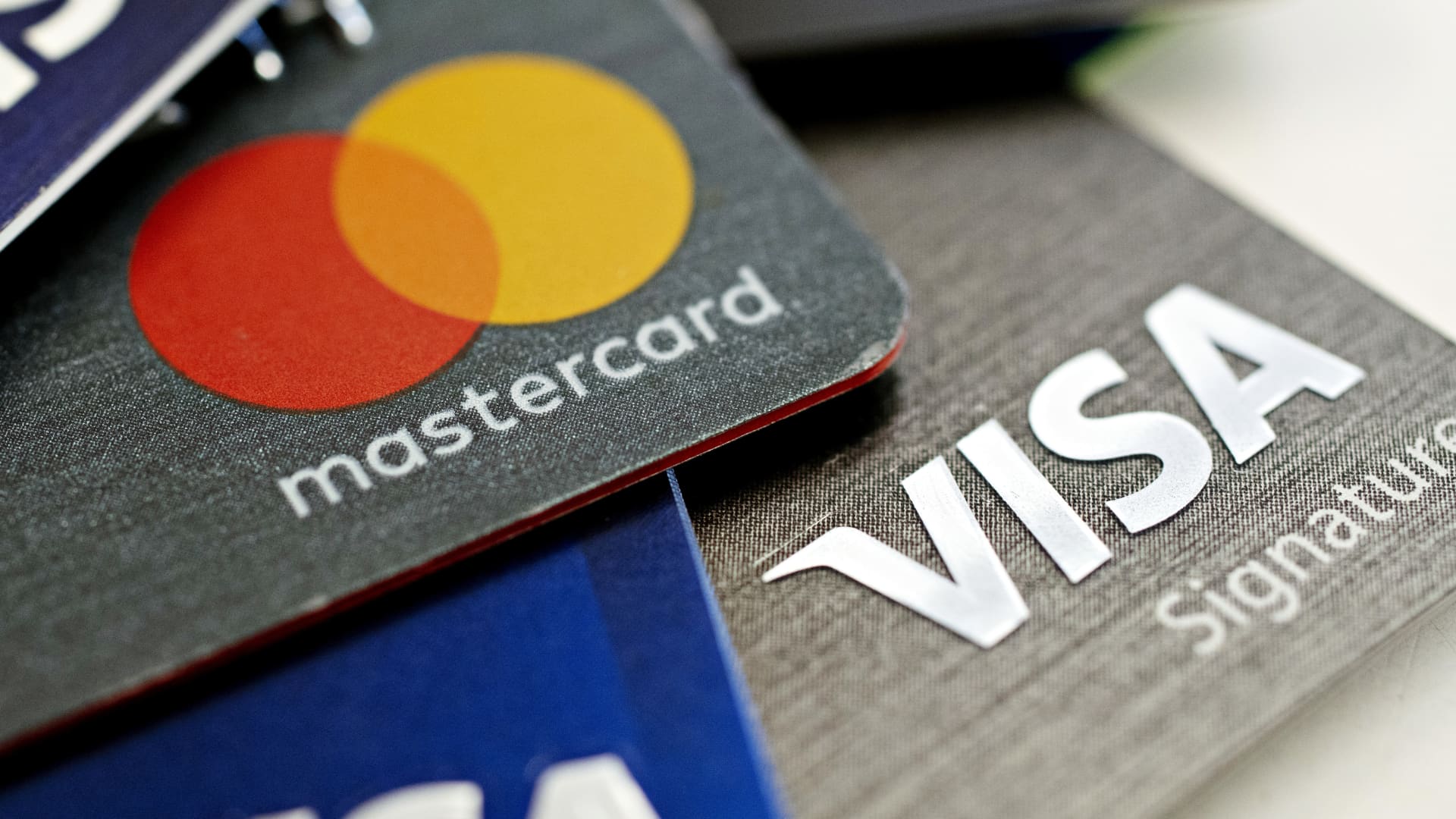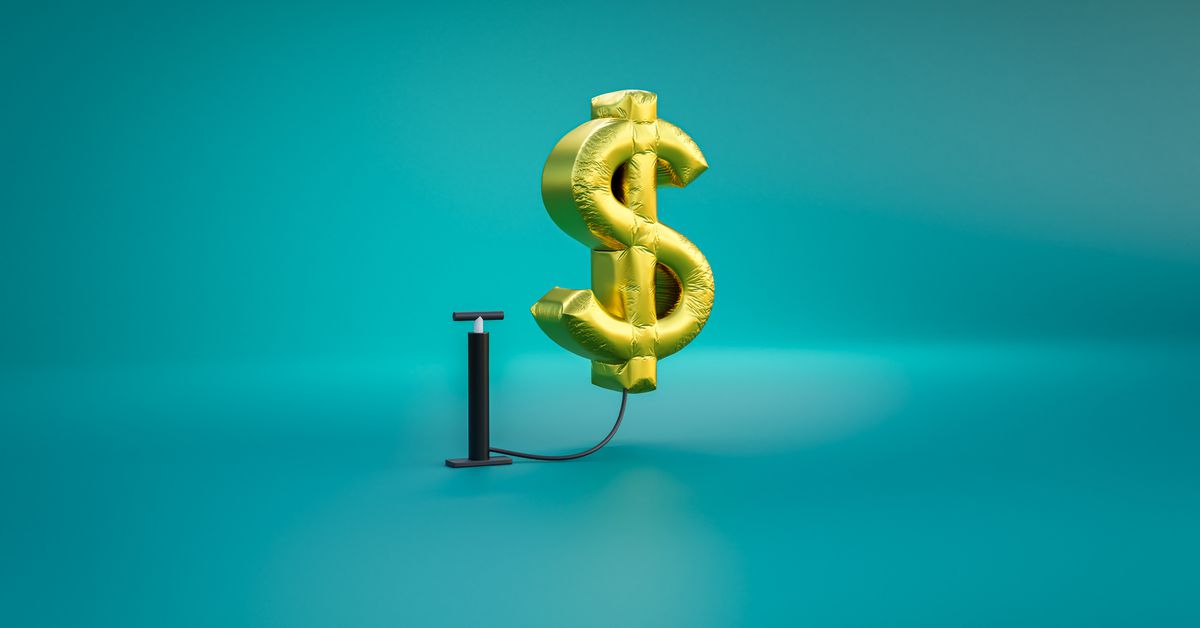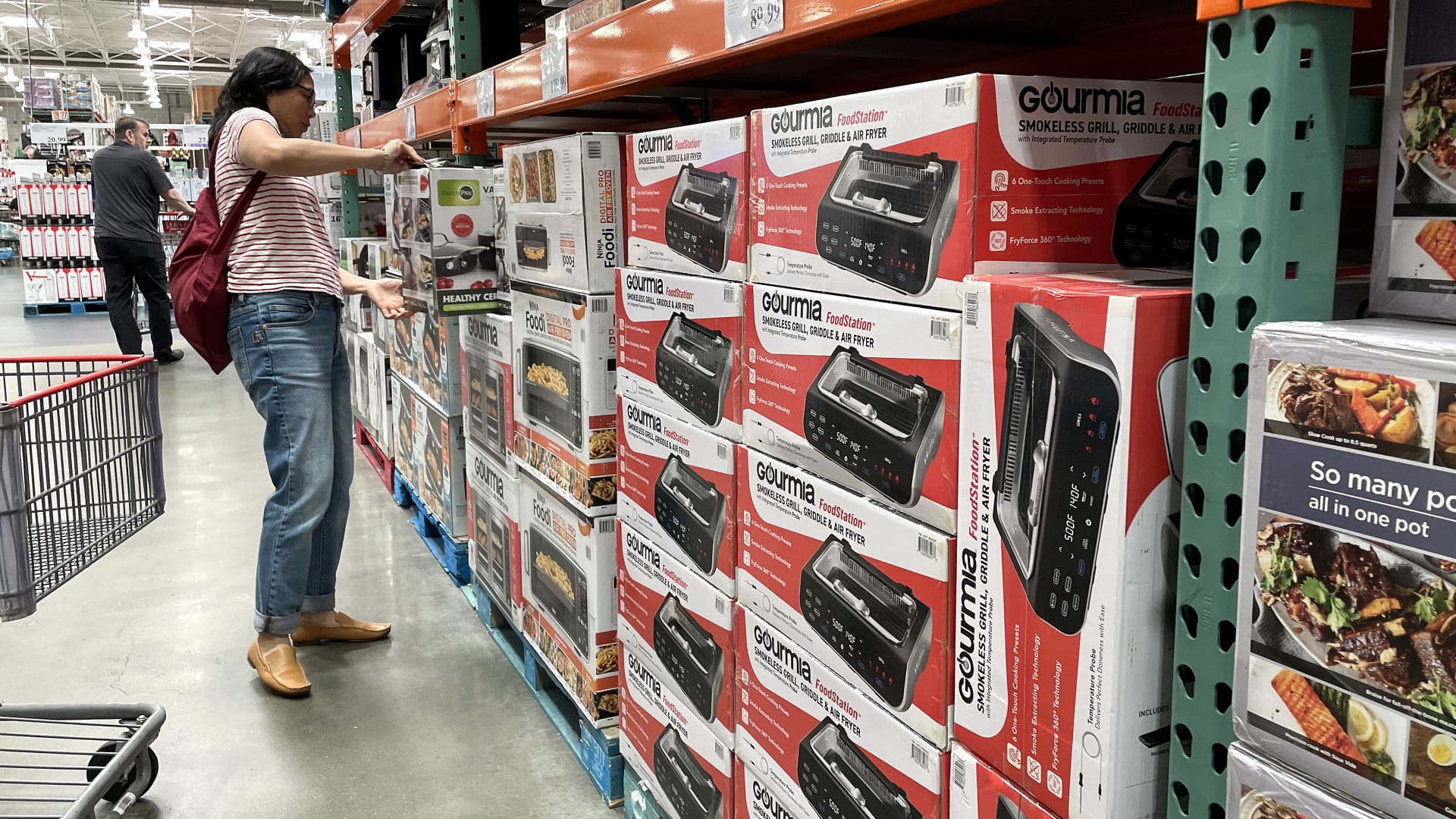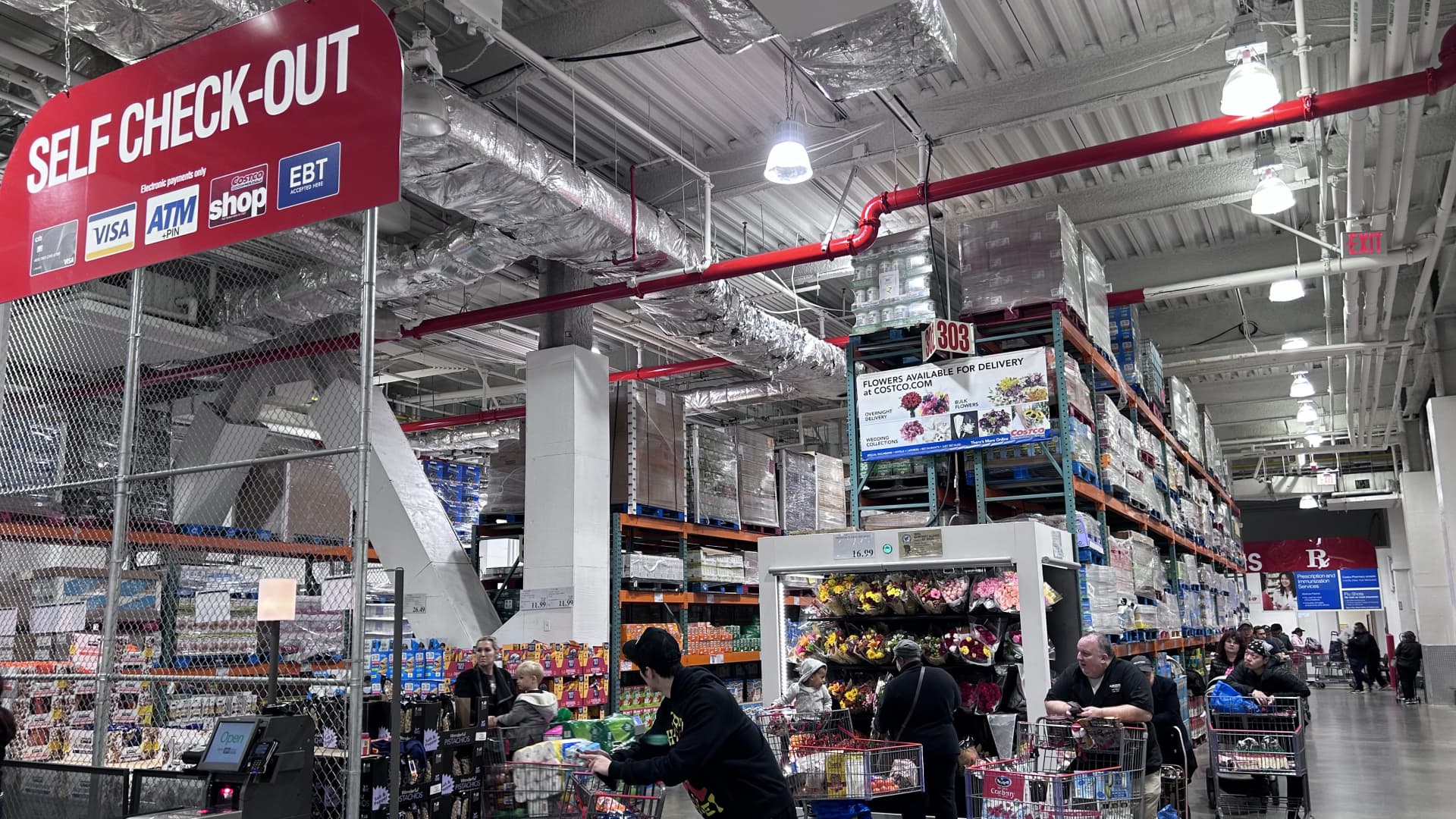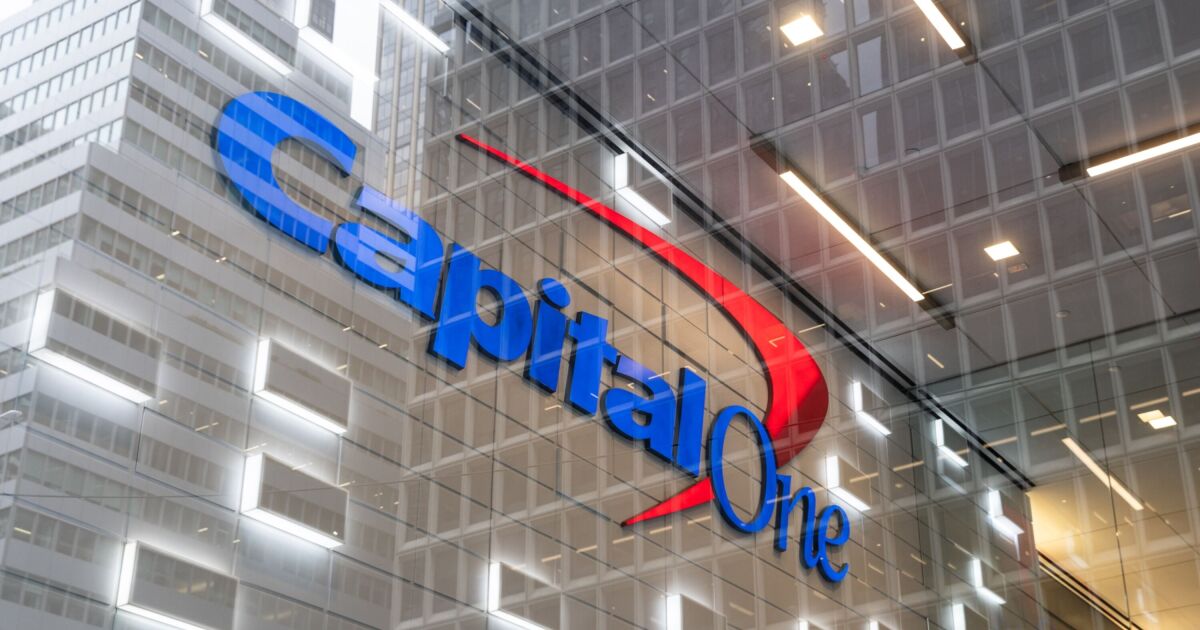Consumer debt hit a fresh record at the end of 2022 while delinquency rates rose for several types of loans, the New York Federal Reserve reported Thursday.
Debt across all categories totaled $16.9 trillion, up about more than $1.3 trillion from a year ago as balances rose across all major categories.
Despite a decline in originations, mortgage balances increased to $11.9 trillion, up about $250 billion from the third quarter and about $1 trillion from a year ago. ...
Mortgage loans considered in "serious delinquency" of 90 days or more rose to a rate of 0.57%, still low but nearly double where they were from the year prior. Auto loan debt delinquencies rose 0.6 percentage point to 2.2% while credit card debt jumped 0.8 percentage point to 4%.
"Credit card balances grew robustly in the fourth quarter, while mortgage and auto loan balances grew at a more moderate pace, reflecting activity consistent with pre-pandemic levels," said Wilbert van der Klaauw, economic research advisor at the New York Fed.
"Although historically low unemployment has kept consumers' financial footing generally strong, stubbornly high prices and climbing interest rates may be testing some borrowers' ability to repay their debts," he added.
...
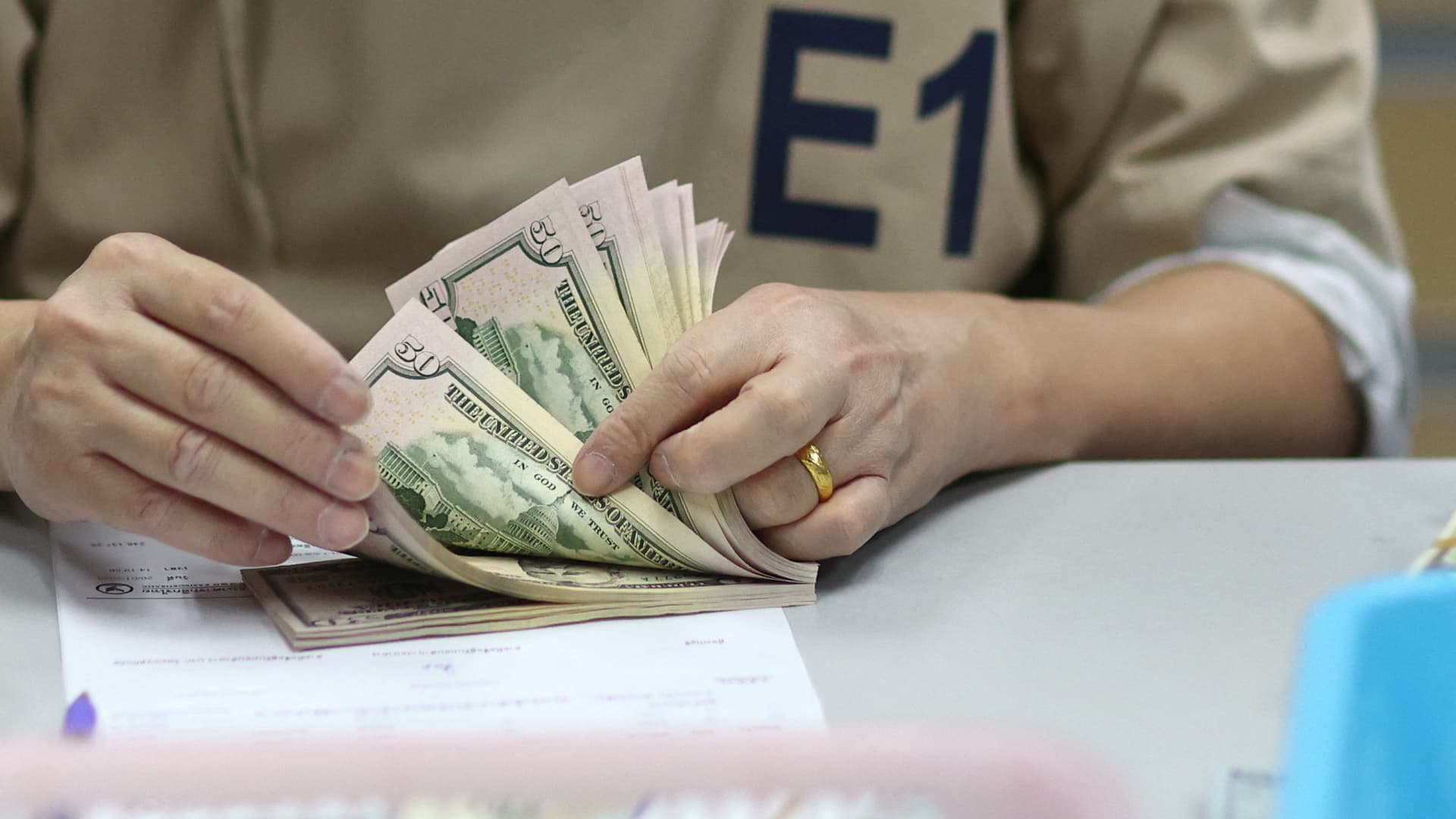
Consumer debt hits record $16.9 trillion as delinquencies also rise
Debt across all categories totaled $16.9 trillion as balances rose across all major categories.
Rising rates are causing increased mortgage debt in spite of declining originations. CC debt growing thanks to double whammy of inflation at the store and rising rates on servicing debt. At some point, debt service is going to impact consumer spending, but apparently we aren't there yet - the Fed is going to keep raising rates for the time being.

